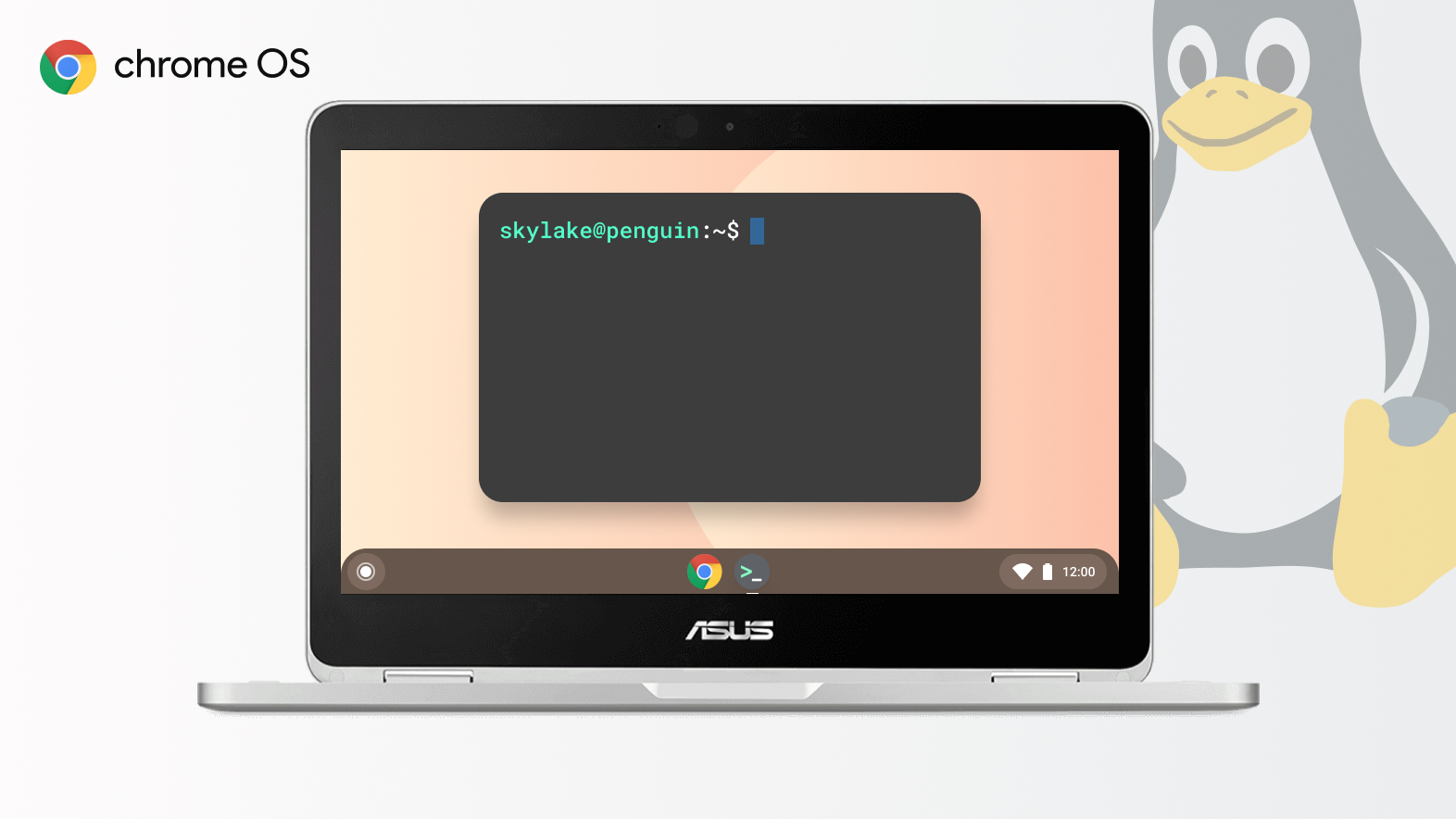Chromebooks are incredible tools for school and home use, and although they're often thought of as simple machines, they can do a variety of tasks beyond surfing the web. When Google launched Linux support for Chrome OS in 2018, it unlocked access to thousands of desktop applications. While modern Chromebooks have had access to Linux apps for years, capable Skylake-powered systems like the Samsung Chromebook Pro got left in the dust. It seems the wait may finally be over thanks to recent updates — but it may be too late to matter.
Google broke its silence via the Chromium bug tracker last Friday, confirming that the work to run Linux apps on Skylake Chromebooks is complete. This should finally close the curtains on this issue, with support arriving in subsequent updates without flipping on the "Enable VMs on Experimental kernels" Chrome flag. It's unclear how much longer users with a Skylake device will have to wait, but it could appear in the next major Chrome OS update (M92).
The long-running saga started when a Samsung Chromebook Pro user filed a feature request on the Chromium bug tracker to support Linux on Skylake Chromebooks. The report has since accumulated 656 stars, with several others asking for a release date. A Google dev dashed hopes by saying that they had nothing to announce. Google went silent on the request until over two years later when it finally revealed that Linux apps would be coming to Skylake Chromebooks, starting with Samsung's Chromebook Pro. We're not sure why it took this long to add support, but we think the project fell into development hell, as alluded to in a comment in November last year.
There's no denying that extending Linux apps to older hardware is a laborious task. I can't imagine the monumental amount of work needed to port it over, beyond updating the device's old kernels. Stability and security are the top priorities for Google, so there will still be work to do in ensuring there are no issues before the feature arrives in Chrome OS Stable.
However, I'm not sure if Google's efforts to add Linux to Skylake Chromebooks even matter at this point. Many will have moved on from their aging devices, most of which will stop receiving updates in two more years. The story could've been different if Google was transparent about its development or supported those laptops way sooner. Concluding the work this late seems like a lot of effort that'll have very little impact. On the bright side, some users will no doubt be very excited about this once the Linux container hits their devices in the Stable channel.


